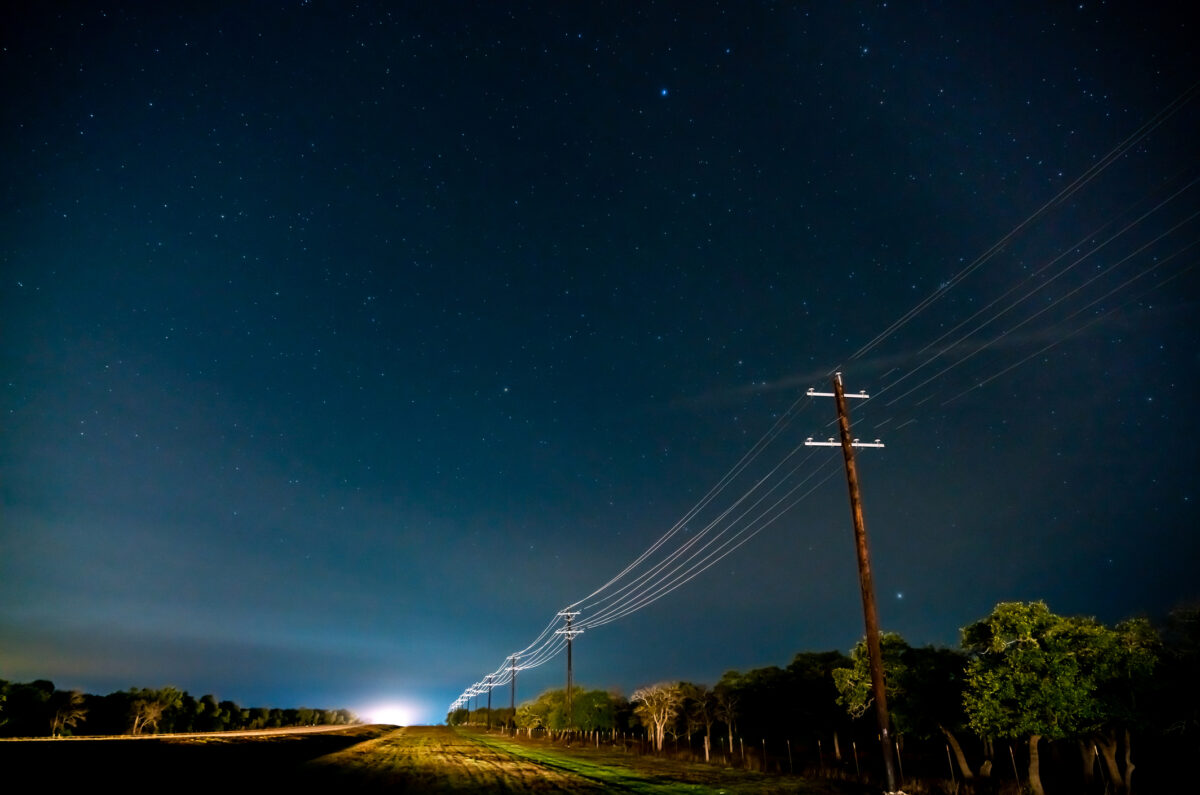“I’m cold and huddled under blankets,” my mom texted me last week, on her second day without power. She is one of millions in Texas, the largest energy-producer in the United States, who went days without electricity or heat during the recent winter storm that killed 30 people. While local politicians moved quickly to falsely pin the blame on renewable energy, the breakdown in Texas demonstrates the folly of relying on private actors and markets to prepare for climate change, to look after the public good, and to guarantee basic rights.
The Texas power system is built on a “total trust in markets” and the suffering last week is a consequence of that misplaced faith. In 1999, the state deregulated its electricity system to a patchwork of private companies, and it now relies on “nearly unaccountable and toothless” regulatory agencies and voluntary guidelines.
The deregulated private companies predictably chose to prioritize short-term profit over investments in the system. They did not winterize the power grid—ignoring the advice of federal authorities and the lessons of a similar 2011 storm—and neglected to maintain a reserve margin for demand surges, unlike every other power system in North America.
The fallout has been unimaginable. More than 4.2 million households lost power in temperatures as low as 4 degrees Fahrenheit. Although the full death toll won’t be known for weeks, at least 30 people died in Texas, including six experiencing homelessness. Hundreds more were poisoned by their efforts to keep warm, such as running generators indoors. People slept in their cars. Clinics shuttered. People of color and low-income individuals were disproportionately affected, with predominantly Black and Latinx neighborhoods among the first to lose power.
Meanwhile, the deregulated market means some companies will receive an appalling windfall from the storm. Sky-high demand for energy during the cold weather drove prices through the roof, and now people who did not lose power face outrageous energy bills. “My savings is gone,” remarked one Dallas resident who now faces a nearly $17,000 bill. In the city of Denton, the rate per megawatt hour jumped from less than $24 to $2,400. The city will pay over $207 million for four days of power which is more than it spends in a typical year.
However, despite its obvious failures, ideological commitment to the market remains on full display. Before the lights were even back on, politicians were lying about the cause of the outages and exploring how further deregulation could “help.”
This anemic vision of government, which is hardly shared by all Texans but too often dominates policymaking at the state level, can become a self-fulfilling prophecy. Sensible policies that guarantee basic rights but might diminish profit—such as regulation, planning, taxation, and public provision—are routinely written off as extreme because the government has successfully been recast as primarily a facilitator of markets. Capital-friendly decisions are conveniently, if erroneously, peddled as “win-win” and protective of individual freedoms. Neoliberalism has been internalized by the body politic.
Unfortunately, the market alone will never deliver equitable and reliable access to essential services. It cannot, on its own, guarantee the fulfillment of basic rights. Instead, running public services as an investment risks marginalizing their non-commercial purposes. This is why human rights activists, experts, and monitoring bodies routinely raise concerns about the risks of relying on the private sector to provide critical services. Running public services for a profit without robust regulation can lead to inequitable access, high costs, exclusion, and poor maintenance, while wasting taxpayer money and thwarting accountability.
As others have written, this crisis should serve as a “profound warning” in the context of climate change, which will lead to more frequent extreme weather events. Roads, water systems, power grids, housing, and other essential infrastructure desperately need upgrades. Texas shows us that continuing to rely on profit-focused companies to make those changes will leave many stranded. However, it doesn’t have to be this way. Around the world, energy systems are increasingly brought back under public control through a process called remunicipalization, in part due to private actors’ repeated failures to transition to renewable energy.
As people in Texas stood for hours in lines to enter bare grocery stores for the second time in less than a year, my sister wrote to me: “I now feel acutely aware of the fact that I will not be taken care of in a disaster. People will not turn on your lights, people will not give you heat when it’s freezing, people will not make sure you have good drinking water, and people will not make sure you don’t die of a horrible illness.” If markets continue to be allowed to stand in for government, she will be right.



